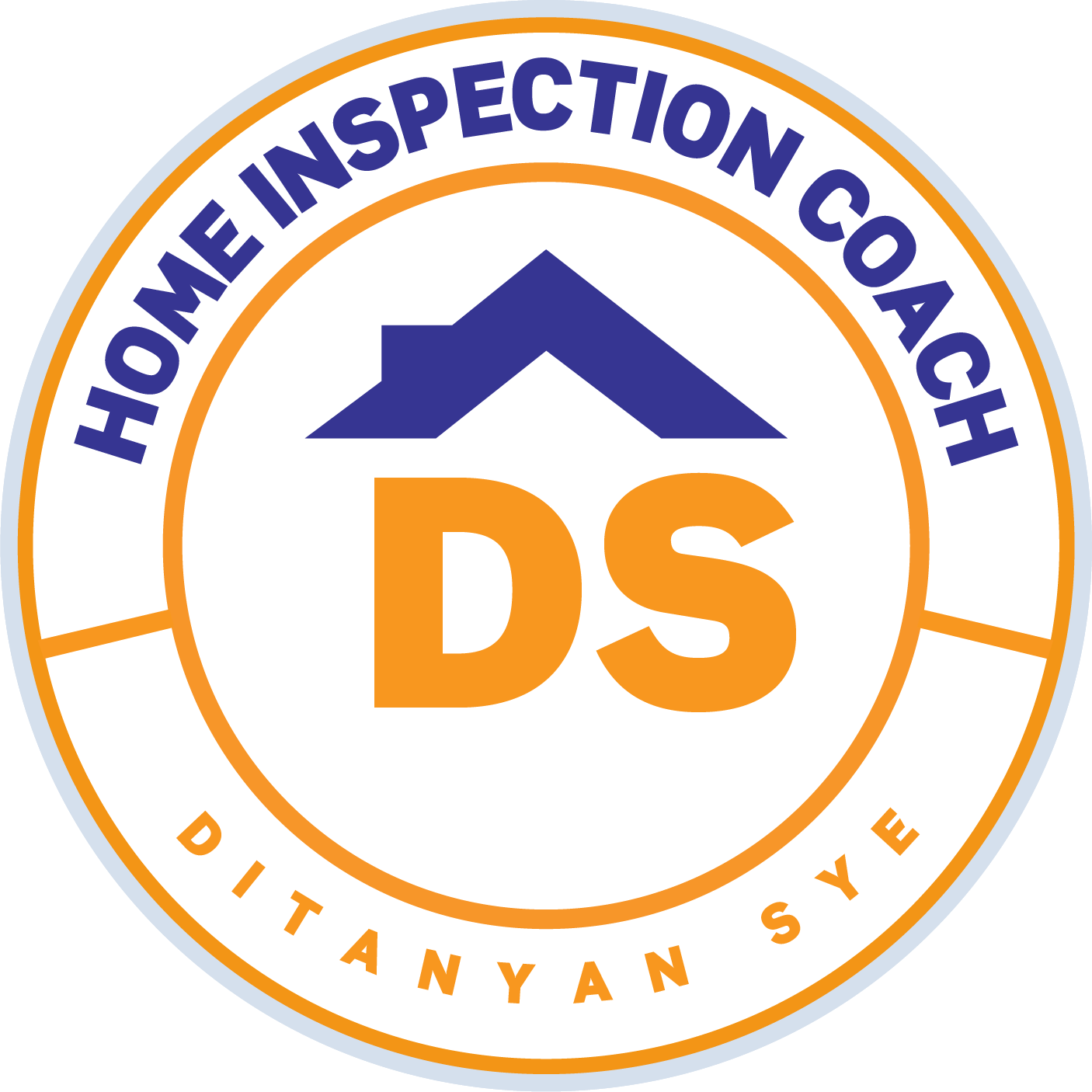A Day in the Life of a Home Inspector: What to Really Expect in This Career
What to Really Expect in this Career
A Day in the Life of a Home Inspector: What to Really Expect in This Career
As a home inspector, every day brings unique challenges and opportunities. Whether you're considering this career path or just starting out, understanding what a typical day looks like can help you prepare for success in this dynamic field. Let's walk through a comprehensive day-in-the-life journey of a professional home inspector.
Morning Preparation: Setting Up for Success
The day begins well before the first inspection. Most experienced inspectors start their day around 6:30 AM, reviewing their schedule and planning their route. This early start is crucial for organizing equipment and ensuring all tools are in working order. A thorough morning checklist includes:
- Charging all electronic devices (camera, tablet, moisture meter)
- Checking weather conditions to prepare appropriate gear
- Reviewing property details and listing information
- Confirming appointments with clients and agents
- Planning the most efficient route between inspections
First Inspection of the Day (8:00 AM)
Arriving 15 minutes early to the first inspection site is standard practice. This allows time to:
- Park in an appropriate location with easy access to equipment
- Perform an initial exterior assessment before clients arrive
- Review any specific concerns mentioned by the client
- Set up essential equipment and prepare reporting software
The Inspection Process (8:00 AM - 11:00 AM)
A typical single-family home inspection follows a systematic approach:
Exterior Inspection (45-60 minutes):
- Foundation assessment
- Siding and trim evaluation
- Roof condition (if accessible)
- Drainage patterns and grading
- Windows and doors
- Decks, porches, and other exterior structures
Interior Inspection (1.5-2 hours):
- Electrical systems and panels
- Plumbing fixtures and systems
- HVAC evaluation
- Attic and insulation
- Structural components
- Interior walls, ceilings, and floors
- Appliance testing
- Basement or crawl space assessment
During the inspection, effective communication with clients is crucial. Many inspectors have mastered the art of documenting issues while simultaneously explaining findings to interested clients who may be following along.
Midday Tasks (11:00 AM - 12:00 PM)
Between inspections, successful inspectors:
- Complete detailed notes while information is fresh
- Take additional photos if needed
- Answer client questions
- Begin drafting the inspection report
- Grab a quick lunch while driving to the next location
Afternoon Inspection (12:30 PM - 3:30 PM)
The afternoon often mirrors the morning process, though experienced inspectors know to:
- Stay hydrated, especially in hot weather or when in attics
- Maintain energy levels for detailed observation
- Keep communication clear despite potential fatigue
- Continue systematic documentation
Evening Work (4:00 PM - 6:00 PM)
The day isn't over when the physical inspections end. Evening tasks typically include:
- Completing and reviewing inspection reports
- Following up with clients and agents
- Responding to emails and phone calls
- Planning the next day's schedule
- Maintaining and cleaning equipment
- Updating business records and invoices
Business Development
Throughout the day, successful inspectors also focus on business growth by:
- Networking with real estate agents encountered during inspections
- Documenting unique findings for educational social media posts
- Collecting testimonials from satisfied clients
- Scheduling marketing activities for slower days
Keys to Success
After years of observing successful inspectors, several patterns emerge:
- Maintaining a consistent routine helps manage energy levels
- Using standardized checklists ensures thorough inspections
- Keeping organized documentation saves time on report writing
- Building relationships with clients and agents leads to referrals
- Continuous learning about new building technologies and methods is essential
Time Management Tips
Effective home inspectors excel at time management through:
- Realistic scheduling that accounts for travel time
- Efficient report templates that can be customized quickly
- Clear communication about inspection duration expectations
- Strategic use of technology to streamline documentation
- Regular evaluation of processes to improve efficiency
Challenges and Solutions
Common daily challenges include:
- Unexpected findings requiring additional investigation
- Weather-related complications
- Difficult client interactions
- Technical equipment issues
- Physical demands of the job
- Successful inspectors prepare for these challenges by:
- Building extra time into their schedule
- Having backup equipment readily available
- Maintaining professional liability insurance
- Practicing clear communication techniques
- Following proper safety protocols
Conclusion
A day in the life of a home inspector is diverse, challenging, and rewarding. While each day brings unique situations, maintaining a systematic approach to inspections, documentation, and client communication helps ensure consistent, professional results. For those considering this career, understanding these daily realities helps set realistic expectations and prepare for success in the field.
Remember, the most successful inspectors are those who remain adaptable, maintain high professional standards, and continually invest in their education and skills. While the days can be long and physically demanding, many find the variety of work and opportunity to help others make this a highly satisfying career choice.





